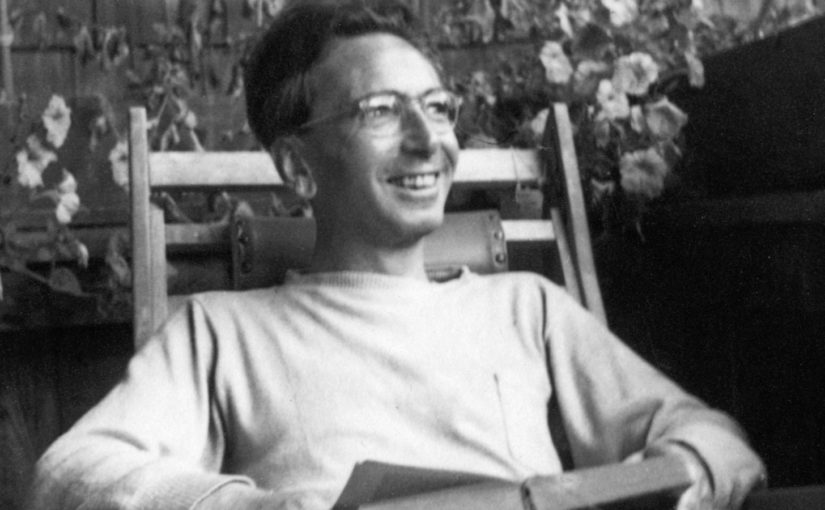There are so many painful things that could be seen as purposeless. Like the millions of children growing up with bad nutrition, bad education, or difficult parents. The millions currently dealing with the effects of a virus. Why? Why are we feeling this pain and suffering? To what end?
Suffering = feeling a negative experience. That’s something scientists and religious leaders can agree on. What’s most important, and tricky to understand: I can feel suffering *before* I act upon it, and choose how to respond to it. That is incredibly hard to remember. When something happens that upsets me, I have it within myself to take a moment and analyze the event that I’m responding to.
But there’s a gap here to address: it takes self awareness, discipline, and lots of practice (and lots of mistakes along the way) to develop this control. Usually we’re talking milliseconds: someone looks at you weird, cuts you off in traffic, does something aggravating in a business deal.
Victor Frankl talks about “the space between perception and action”. You can work to widen that space so that you’re not reacting immediately to all of life’s problems. You can consider them, using your higher mind to choose appropriate responses rather than letting your instinctual response burst forth in the heat of the moment. If a holocaust survivor can think of pain this way, it’s proof that the rest of us have it in us.
I catch myself every day releasing anger, reacting before thinking. But I also try to catch myself doing good. When someone or something aggravates me, and I can muster a moment between perception and action to consider a better response, I mentally give myself a pat on the back. Because that’s really what being a good human is all about.


One thought on “The Space Between Perception and Action”